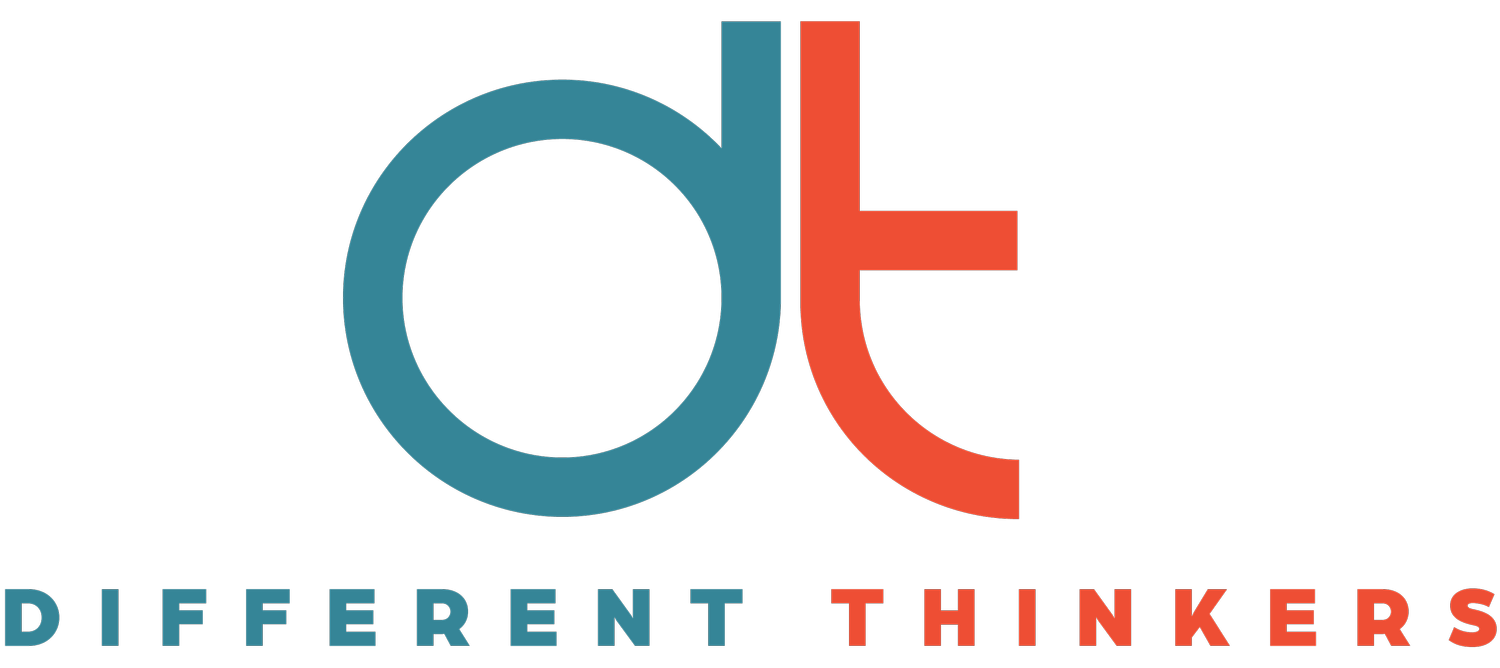Medication
Here, we provide a brief overview of medication and share useful links. We also encourage you to explore natural ways that can support your neurodiversity.
It is not uncommon for individuals to exhibit multiple neurodivergent traits concurrently, so we aim to offer help that benefits all or most.
Please find a day-to-day help guide that may assist you whether you're taking medication, awaiting a diagnosis, or considering alternatives. Remember, there's no one-size-fits-all approach, and everyone's journey is unique.
Make time for physical activities. Any exercise at all is beneficial, even if it's just walking up and down your hallway when taking a call.
Try to keep to a regular sleep routine when possible, and try taking a nap if you've not had a good night's sleep.
Try and have a healthy, balanced diet. Too much artificial and highly processed food can be problematic in managing neurodivergent symptoms.
Try and immerse yourself in nature whenever possible. Taking just 5 minutes to sit under a tree and truly focus on listening to the birds can work wonders.
Find another neurodivergent person to share stories and experiences with, like a DT buddy. If you are 18-35, join our community here: DT community
NHS link: Medication
Medication
ADHD
There are 5 types of medicine licensed for the treatment of ADHD: methylphenidate, lisdexamfetamine, dexamfetamine, atomoxetine, and guanfacine.
ADHD medicines must be started and monitored by an ADHD specialist. In the UK, ADHD medication must initially be prescribed by an ADHD specialist, typically a psychiatrist. However, a GP can take over prescribing if there's a shared care agreement with the specialist and certain conditions are met. Please review the STOMP and STAMP NHS guide below.
NHS Link: ADHD Referrals and Medication
Autism Spectrum Disorders (ASD)
There is no medicine licensed for the treatment of autism.
For some on the autism spectrum, managing challenges like anxiety, impulsivity, aggression, or sleep issues may involve medication. It's important to consult with a healthcare professional, such as a GP, paediatrician, or psychiatrist, who can evaluate your unique needs and medical history to determine if medication is the appropriate course of action. It's crucial to be cautious of misinformation surrounding medication and treatments for autism, so please seek guidance from your GP for accurate and personalised advice.
NHS Link: Treatments that are NOT recommended for autism
Tourette's syndrome
Neuroleptics, also called antipsychotics, are the primary medicines used to treat tics.
Neuroleptics, also known as antipsychotics, are commonly prescribed medications for managing tics. Some examples of these medications are risperidone, pimozide, and aripiprazole. In addition to neuroleptics, there are various other medications that can help reduce tics and address related conditions. These may include clonidine, tetrabenazine, and botulinum toxin injections. If you would like more information about these treatment options, we recommend speaking with your GP.
NHS Link: Tics & Treatment
There are no medicines licensed for the treatment of the following:
Dyscalculia
Dyslexia
Dyspraxia
Dysgraphia
Misophonia

